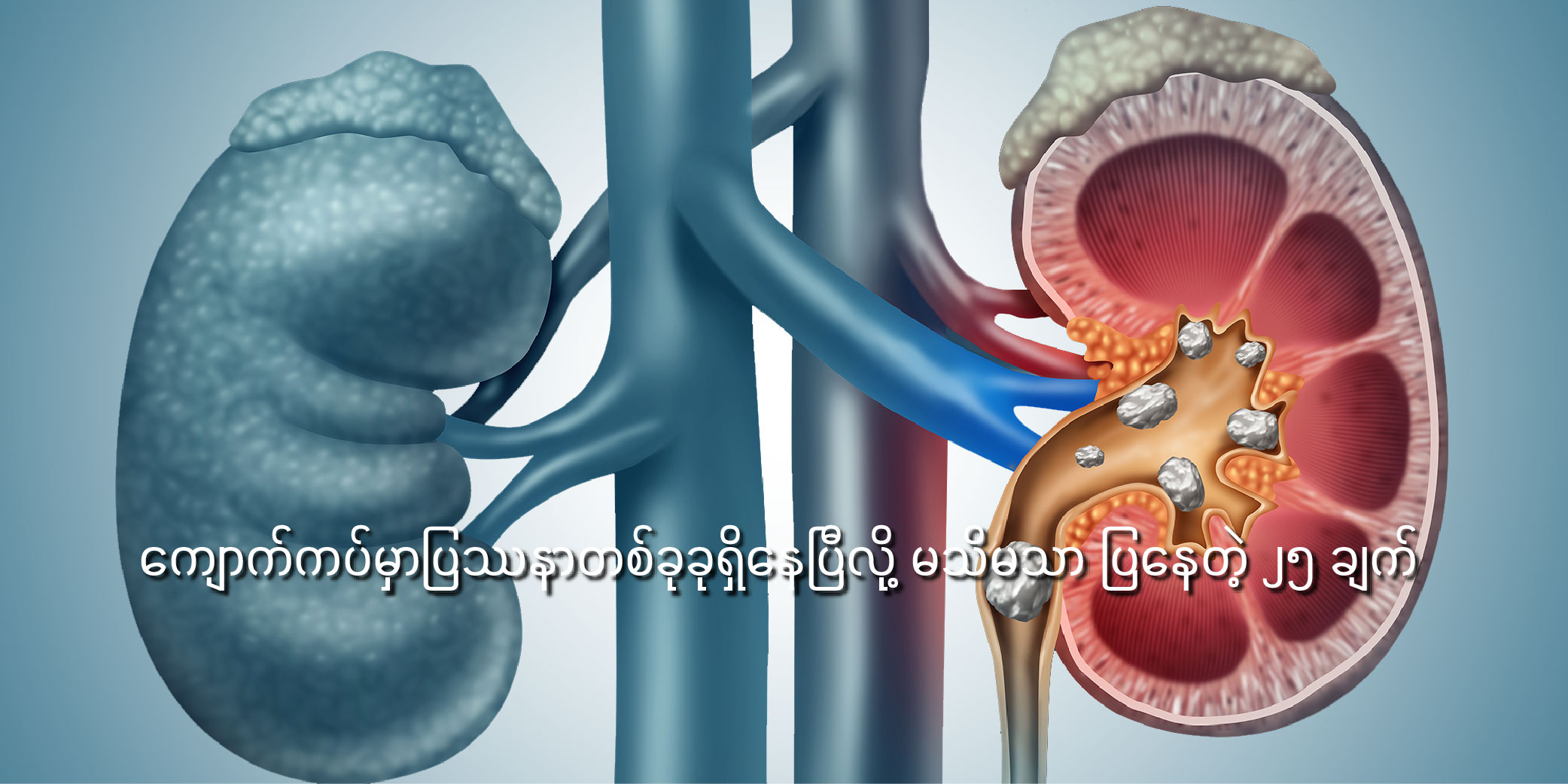


You’re always tired
Kidneys filter waste from your blood and pass it out through urine. When your kidneys don’t work properly, toxins can build up. A common sign is fatigue. You may feel exhausted, weak, or have trouble concentrating. The kidneys produce a hormone that tells your body to make red blood cells.If you have less oxygen, your blood won’t be able to deliver enough oxygen to your muscles and brain when they need it.
Poor sleep
Studies show a link between sleep apnea and chronic kidney disease (CKD), which over time damages your organs and can lead to failure. kidney. Sleep apnea can damage the kidneys in part by preventing the body from getting enough oxygen. Chronic kidney disease can cause sleep apnea by narrowing the throat, toxin buildup, and other causes.
Itchy skin
This can happen if your kidneys cannot remove toxins and they build up in your blood.This can cause a rash or itching all over the body. Over time, your kidneys may no longer be able to balance minerals and nutrients in your body. This can lead to mineral and bone diseases, leaving your skin dry and itchy.
Swelling of the face and legs
When your kidneys cannot remove sodium properly, fluid builds up in your body. This can lead to swelling of the hands, feet, ankles, legs or face.You may notice swelling, especially in your feet and ankles. And protein leaking into the urine can show up as swelling around the eyes.
Muscle cramps
Cramps in the legs and elsewhere can be a sign of poor kidney function. Imbalances in sodium, calcium, potassium, or other electrolytes can disrupt the functioning of your muscles and nerves.
Shortness of breath
When you have kidney disease, your organs don’t produce enough of a hormone called erythropoietin.Hormones signal your body to make red blood cells. Without it, you may become anemic and feel short of breath. Another cause is fluid buildup. You may have difficulty breathing. In severe cases, lying down can feel like drowning.Foggy Head
When your kidneys don’t filter all the waste from your body, toxins can affect your brain. Anemia can also block the brain’s ability to access essential oxygen. You may feel dizzy and have difficulty concentrating and remembering. You may even become so confused that you have difficulty completing simple tasks.
Loss of appetite
Kidney disease can cause nausea or vomiting and stomach upset.This may make you less hungry. This can sometimes lead to weight loss.
Bad breath
When your kidneys can’t filter waste, it can cause a condition called uremia. This can cause an unpleasant taste in the mouth. Additionally, toxins in the blood can give food a metallic or unpleasant taste.




